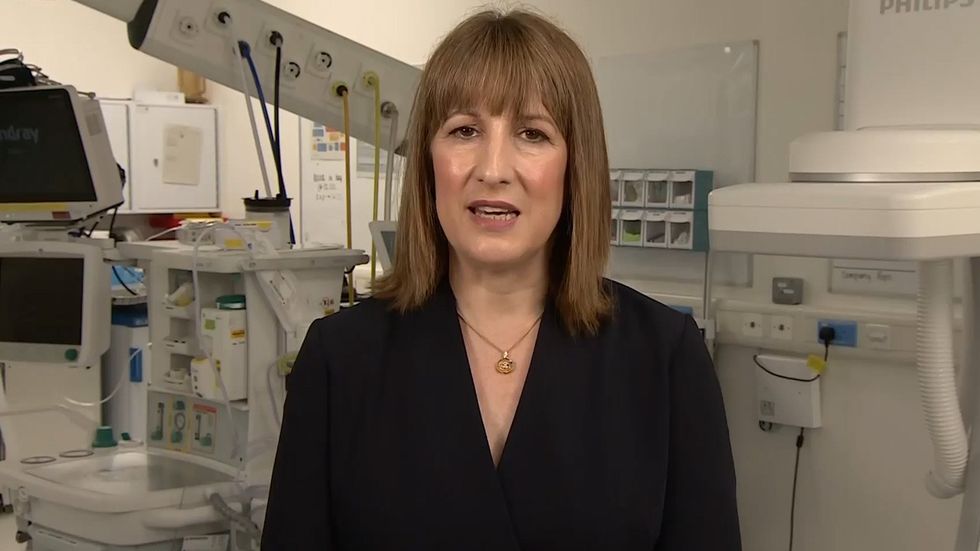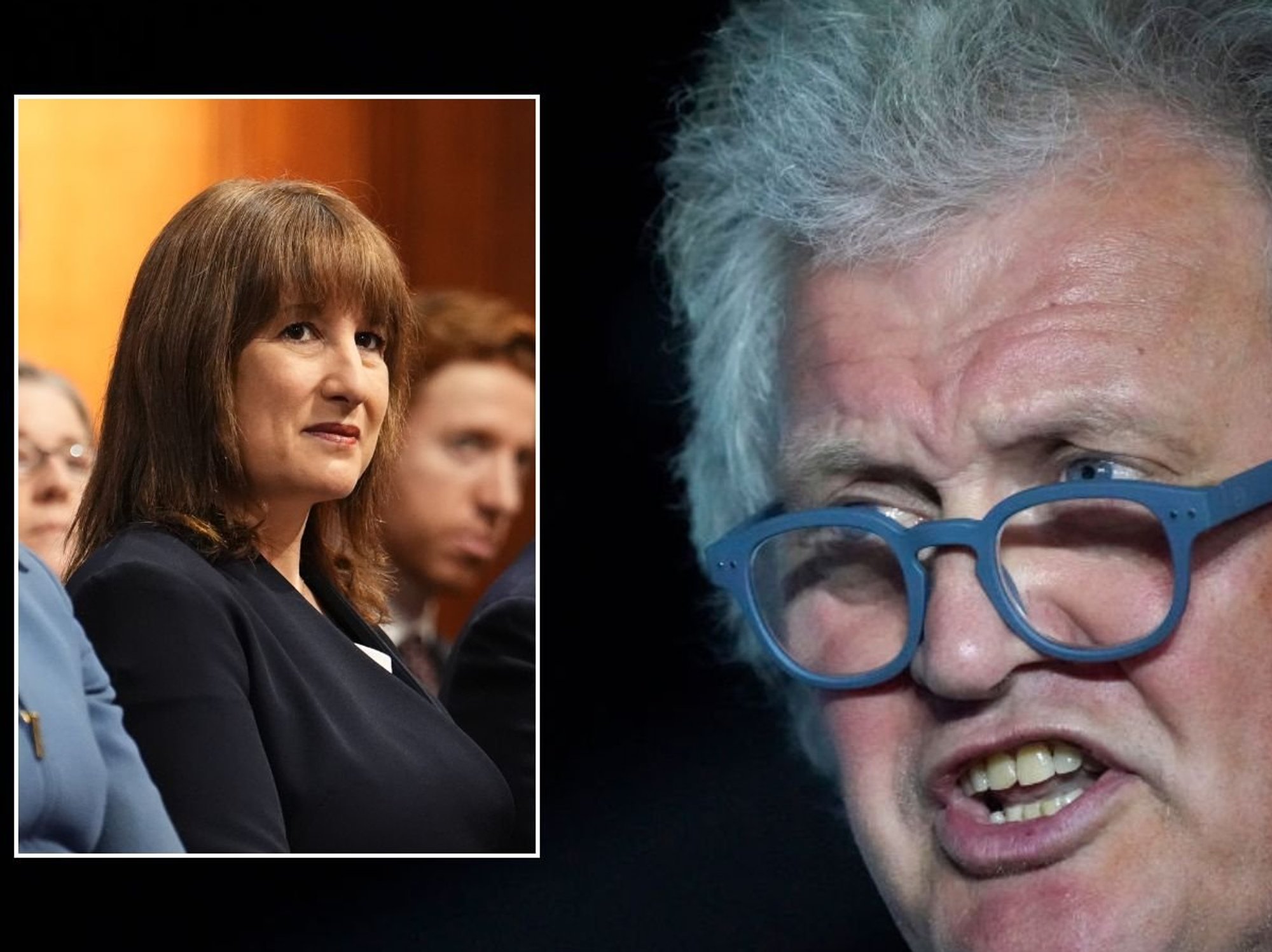Rachel Reeves considers inheritance tax U-turn amid UK 'exodus'

Any retreat on the non-dom regime would prove politically challenging following the U-turn on Winter Fuel Payments
Don't Miss
Most Read
Chancellor Rachel Reeves is considering a potential reversal on her flagship non-dom tax reforms amid growing fears that wealthy individuals are abandoning Britain in response.
The Treasury is actively reviewing the 40 per cent inheritance tax charge on non-doms' worldwide assets, which came into force in April.
According to Government officials and City insiders briefed on the discussions, the review is already underway and could lead to significant changes.
One source admitted that the exposure of global assets to UK inheritance tax is "causing most heartburn" among those affected.
The rethink follows a wave of high-profile departures, including steel magnate Lakshmi Mittal and Egypt’s richest man, Nassef Sawiris. Both have either left or are planning to leave the UK, citing the new tax regime as a key factor.
Intensive lobbying from City figures has ramped up pressure on the Chancellor, with Treasury insiders confirming they would be prepared to amend the regime if it proved damaging to Britain’s international competitiveness.
The tax shake-up has prompted an exodus of wealthy individuals to more favourable jurisdictions such as the United Arab Emirates, Italy and Switzerland, sparking concerns that the UK’s appeal to global investors may be at risk.

Rachel Reeves is considering reversing a key element of the non-dom tax reforms
|GB News
The Treasury stated: "The Government will continue to work with stakeholders to ensure the new regime is internationally competitive and continues to focus on attracting the best talent and investment to the UK."
The abolition of the non-dom regime was initially announced by the previous Conservative Government and subsequently confirmed by Reeves in her October Budget.
At that time, she also announced the closure of a loophole that had allowed the use of offshore trusts to avoid inheritance tax.
A senior financier in regular contact with Reeves revealed the Government is attempting to find a way of "backtracking without backtracking" on the non-dom changes, with particular focus on the inheritance tax issue.
Another senior City figure predicted "there will most likely be some tweaks to inheritance tax to stop the non-dom exodus".
The Chancellor is reportedly "listening" to representations from the City on the issue. "We aren't complacent," said one ally. "We want to make sure Britain is an attractive place to be. We are getting a lot of feedback."
Key figures channelling this feedback include Varun Chandra, the Number 10 business adviser, and Jonathan Reynolds, business secretary, who regularly receive concerns from international investors.
Alastair King, the Lord Mayor of the City of London, has also raised concerns with the Treasury about threats to the City.
However, any retreat on the non-dom regime would prove politically challenging for Reeves, particularly following her U-turn on plans to remove Winter Fuel Payments from 10 million pensioners.
She is also currently implementing £5billion in cuts to sickness and disability benefits.
 Inheritance tax can be reduced by giving gifts - but rules do apply | GETTY
Inheritance tax can be reduced by giving gifts - but rules do apply | GETTY"We won't do it, the politics are dreadful," said one Labour adviser. Another senior Labour official noted the crackdown on non-doms was "one of our most popular policies".
The opposition had initially estimated that ending the tax break on trusts would generate £430million annually. However, the Office for Budget Responsibility projected in October that the measure would bring in just £200million per year by 2029-30.
Any changes to the regime would typically be announced in the autumn Budget, though some in Government believe Reeves will hold firm on the issue.
Advisers indicated that Reeves' unexpected reforms to agricultural property relief and business property relief in last year's Budget are also driving British business owners to leave.
 London has fallen out of the top five richest cities after a millionaire exodus | GETTY
London has fallen out of the top five richest cities after a millionaire exodus | GETTYThe changes mean those with substantial estates or significant companies previously exempt will face inheritance tax at 20 per cent on assets exceeding £1million from April 2026.
Ceri Vokes, co-head of the private client and tax team in Europe at law firm Withers, warned that changes to business property relief must be reversed to prevent a "further exodus of business owners from the UK".
She added: "By forcing people to leave the UK, you don't get 20 per cent of the value of their business, you get 0 per cent."
One broker noted that collectively the changes had caused difficulties for "lots of people in the City, not just billionaires".
More From GB News











